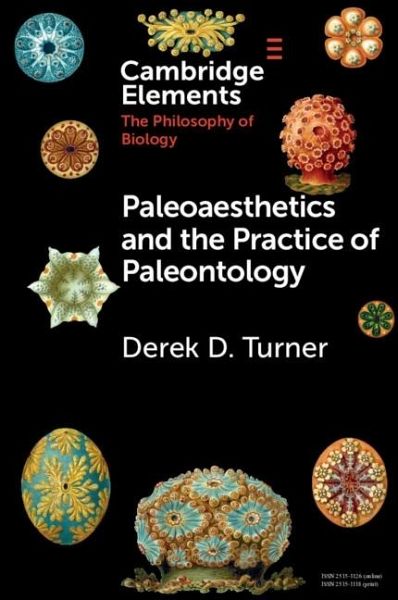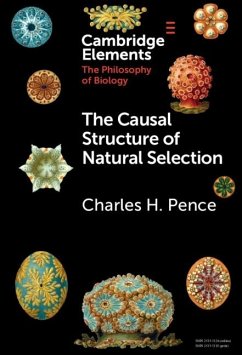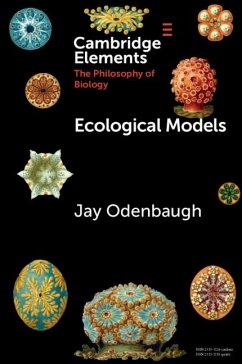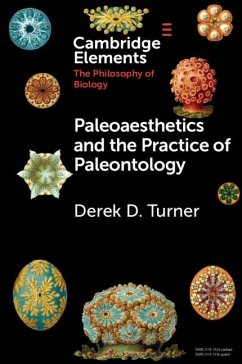
Paleoaesthetics and the Practice of Paleontology (eBook, ePUB)
Versandkostenfrei!
Sofort per Download lieferbar
11,95 €
inkl. MwSt.
Weitere Ausgaben:

PAYBACK Punkte
6 °P sammeln!
The practice of paleontology has an aesthetic as well as an epistemic dimension. Paleontology has distinctively aesthetic aims, such as cultivating sense of place and developing a better aesthetic appreciation of fossils. Scientific cognitivists in environmental aesthetics argue that scientific knowledge deepens and enhances our appreciation of nature. Drawing on that tradition, this Element argues that knowledge of something's history makes a difference to how we engage with it aesthetically. This means that investigation of the deep past can contribute to aesthetic aims. Aesthetic engagement...
The practice of paleontology has an aesthetic as well as an epistemic dimension. Paleontology has distinctively aesthetic aims, such as cultivating sense of place and developing a better aesthetic appreciation of fossils. Scientific cognitivists in environmental aesthetics argue that scientific knowledge deepens and enhances our appreciation of nature. Drawing on that tradition, this Element argues that knowledge of something's history makes a difference to how we engage with it aesthetically. This means that investigation of the deep past can contribute to aesthetic aims. Aesthetic engagement with fossils and landscapes is also crucial to explaining paleontology's epistemic successes.
Dieser Download kann aus rechtlichen Gründen nur mit Rechnungsadresse in A, B, BG, CY, CZ, D, DK, EW, E, FIN, F, GR, HR, H, IRL, I, LT, L, LR, M, NL, PL, P, R, S, SLO, SK ausgeliefert werden.













